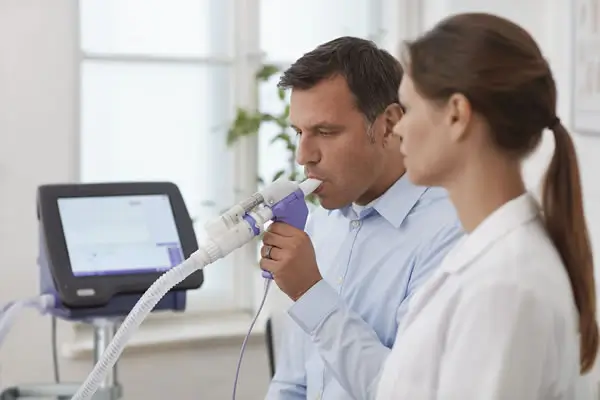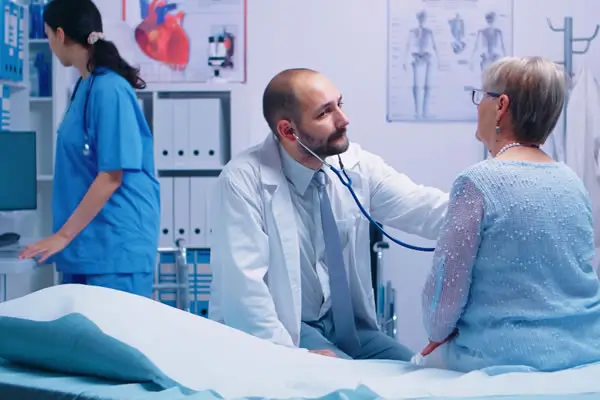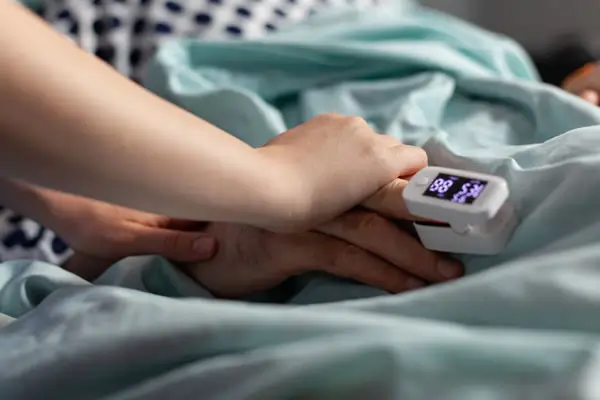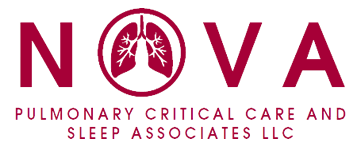What is Sarcoidosis
Sarcoidosis is a rare inflammatory disease that can affect multiple organs in the body, but it most commonly involves the lungs and lymph nodes. In sarcoidosis, small collections of inflammatory cells, called granulomas, form in various tissues and organs. These granulomas can affect the normal structure and function of the affected organs.
The exact cause of sarcoidosis is unknown, but it is believed to result from an abnormal immune response triggered by exposure to certain environmental factors in genetically susceptible individuals. Sarcoidosis can occur at any age and affects people of all races and ethnicities, but it is most commonly diagnosed in adults between the ages of 20 and 40.
The symptoms of sarcoidosis can vary widely depending on the organs involved and the severity of the disease. Common symptoms may include:
- Respiratory symptoms: Sarcoidosis often affects the lungs, leading to symptoms such as cough, shortness of breath, chest pain, and wheezing.
- Skin symptoms: Sarcoidosis can cause skin lesions, rash, or nodules, most commonly on the face, arms, or legs.
- Lymph node enlargement: Enlarged lymph nodes, particularly in the neck, armpits, or groin, may occur in sarcoidosis.
- Fatigue: Many people with sarcoidosis experience fatigue and general feelings of malaise.
- Eye symptoms: Sarcoidosis can affect the eyes, causing symptoms such as redness, pain, sensitivity to light, blurred vision, or dryness.
- Other symptoms: Sarcoidosis can also affect other organs and systems in the body, leading to symptoms such as joint pain, muscle weakness, fever, weight loss, and organ dysfunction.
The course of sarcoidosis can vary widely, with some people experiencing mild symptoms that resolve on their own, while others may develop chronic and progressive disease that requires ongoing treatment. Treatment for sarcoidosis may involve medications to reduce inflammation and suppress the immune system, such as corticosteroids, immunosuppressants, or biologic agents. In some cases, no treatment may be necessary, and the condition may resolve spontaneously. Regular monitoring and follow-up with a healthcare provider are important for managing sarcoidosis and monitoring for any complications.




Office Locations
Conveniently located near you in Loudoun and Fairfax VA
NOVA Pulmonary – Dulles
24430 Stone Springs Boulevard
Suite 200
Dulles, VA 20166
NOVA Pulmonary – Lansdowne
19415 Deerfield Avenue
Suite 301
Landsdowne, VA 20176
Meet the team at NOVA Pulmonary Critical Care and Sleep Associates

Dr. Aditya N Dubey, M.D, F.C.C.P. – Founder
Specialty:
Pulmonary, Critical Care and Sleep Medicine
Board Certified by American Board of Internal Medicine in the Subspecialities of Pulmonary Medicine, Critical Care Medicine and Sleep Medicine. Learn more about Dr. Dubey

Dr. Petra Thomas, M.D.
Specialty:
Pulmonary Medicine
Board Certified by American Board of Internal Medicine in the Subspecialities of Pulmonary Medicine. Learn more about Dr. Thomas

Dr. Arman Murabia, M.D.
Specialty:
Pulmonary, Critical Care and Sleep Medicine
Board Certified by American Board of Internal Medicine in the Subspecialities of Pulmonary Medicine, Critical Care Medicine and Sleep Medicine. Learn more about Dr. Murabia

Rebekah Lee, AGNP-C
Nurse Practitioner. Learn more about Rebekah Lee

Christine Amorosi, AGNP-C
Nurse Practitioner. Learn more about Christine Amorosie
